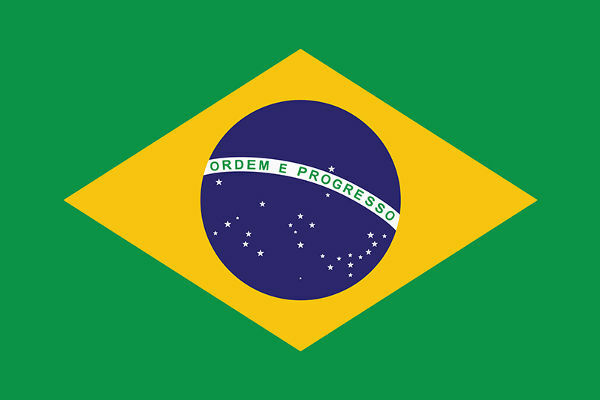Did you know that there is a day especially dedicated to magicians? That's right! There is a specific date for those who work with magic tricks and illusionism: it's the day January 31st. But why is January 31st the magician's day? Well, this date is a tribute to Saint John Bosco (1815-1888), Catholic saint born and died in Italy. Saint John Bosco died on January 31st, hence the tribute. But what did this saint do so that the magician's day was dedicated to his memory?
Well, when I was a teenager, João Melchior Bosco, he needed to help his family with the expenses. To do so, he needed, as many young men do, to find an occupation that would enable him to earn some money honestly. It was then that he was able to learn magic tricks to amuse other teenagers like him and whoever else was interested in this type of entertainment. That's why, in addition to being considered the patron of magicians, João Bosco is also considered the patron of youth.
The fact is that in the 19th century the practice of magic was quite widespread and had great popular appeal. People liked to see the great spectacles promoted by magicians, who used countless artifacts and paraphernalia to win over the public. One of the most impressive inventions used by illusionists at this time was the so-called magic lantern, created by the German Jesuit AnasthasiusKircher, in the 17th century, and perfected by the French Paul Philidor and Étienne-Gaspard Robertson, in the nineteenth century.
The magic lantern consisted of a darkroom, through which a beam of light passed, projecting images of a blade. transparent on a white background, much like an overhead projector or a multimedia projector on a computer (datashow). These images often had human or ghostly shapes, which gave a realistic tone to illusionistic presentations, making them even more impressive.
The practice of magic, from the 19th century until now, despite not having the same popular appeal, remains one of the entertainment options most impressive and fun, whether it's practiced by a street magician, or the one practiced on stages of major programs television.
It is noteworthy that the choice of the date of death of Saint John Bosco was the initiative of Spanish magicians. João Melchior Bosco, who became notorious as a saint because of the revelations he received in dreams and visions, was canonized by the Catholic Church in 1934, when Pius XI it was the Pope.
By Me. Cláudio Fernandes



